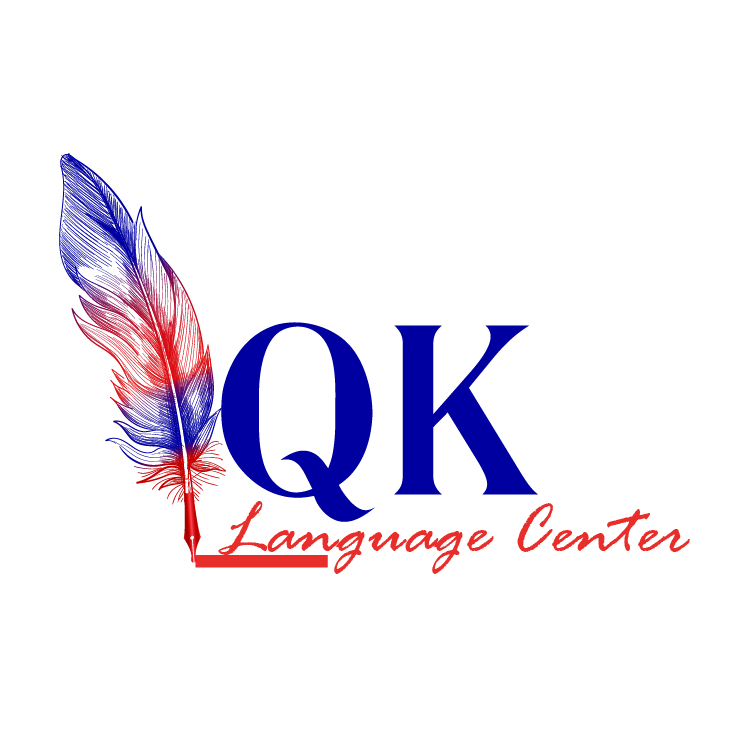Artificial intelligence in education – UNESCO

UNESCO
Pan-African Forum for the Culture of Peace
Public access to information is a key component of UNESCO’s commitment to transparency and its accountability.
Based on human rights and fundamental freedoms, the 2005 Convention ultimately provides a new framework for informed, transparent and
UNESCO’s e-Platform on intercultural dialogue is designed for organizations and individuals to learn from shared knowledge or experiences from infl
Established in 2002, the GEM Report is an editorially independent report, hosted and published by UNESCO.
To recovery and beyond: The report takes stock of the global progress on the adoption and implementation of legal guarantees on Access to Info
Addressing culture as a global public good
For almost 75 years, the UNESCO Courier has served as a platform for international debates on issues that concern the entire pla
Lifelong learning is key to overcoming global challenges and to achieving the Sustainable Development Goals.
Main UNESCO website
UNESCO Digital Library website.
The Value of water
Groundwater, making the invisible visible
UNESCO
Artificial Intelligence (AI) has the potential to address some of the biggest challenges in education today, innovate teaching and learning practices, and accelerate progress towards SDG 4. However, rapid technological developments inevitably bring multiple risks and challenges, which have so far outpaced policy debates and regulatory frameworks. UNESCO is committed to supporting Member States to harness the potential of AI technologies for achieving the Education 2030 Agenda, while ensuring that its application in educational contexts is guided by the core principles of inclusion and equity.
UNESCO’s mandate calls inherently for a human-centred approach to AI. It aims to shift the conversation to include AI’s role in addressing current inequalities regarding access to knowledge, research and the diversity of cultural expressions and to ensure AI does not widen the technological divides within and between countries. The promise of “AI for all” must be that everyone can take advantage of the technological revolution under way and access its fruits, notably in terms of innovation and knowledge.
Furthermore, UNESCO has developed within the framework of the Beijing Consensus a publication aimed at fostering the readiness of education policy-makers in artificial intelligence. This publication, Artificial Intelligence and Education: Guidance for Policy-makers, will be of interest to practitioners and professionals in the policy-making and education communities. It aims to generate a shared understanding of the opportunities and challenges that AI offers for education, as well as its implications for the core competencies needed in the AI era
The UNESCO Courier, October-December 2023
by Stefania Giannini, UNESCO Assistant Director-General for Education
Through its projects, UNESCO affirms that the deployment of AI technologies in education should be purposed to enhance human capacities and to protect human rights for effective human-machine collaboration in life, learning and work, and for sustainable development. Together with partners, international organizations, and the key values that UNESCO holds as pillars of their mandate, UNESCO hopes to strengthen their leading role in AI in education, as a global laboratory of ideas, standard setter, policy advisor and capacity builder.
‘We need to renew this commitment as we move towards an era in which artificial intelligence – a convergence of emerging technologies – is transforming every aspect of our lives (…),’ said Ms Stefania Giannini, UNESCO Assistant Director-General for Education at the International Conference on Artificial Intelligence and Education held in Beijing in May 2019. ‘We need to steer this revolution in the right direction, to improve livelihoods, to reduce inequalities and promote a fair and inclusive globalization.’’
